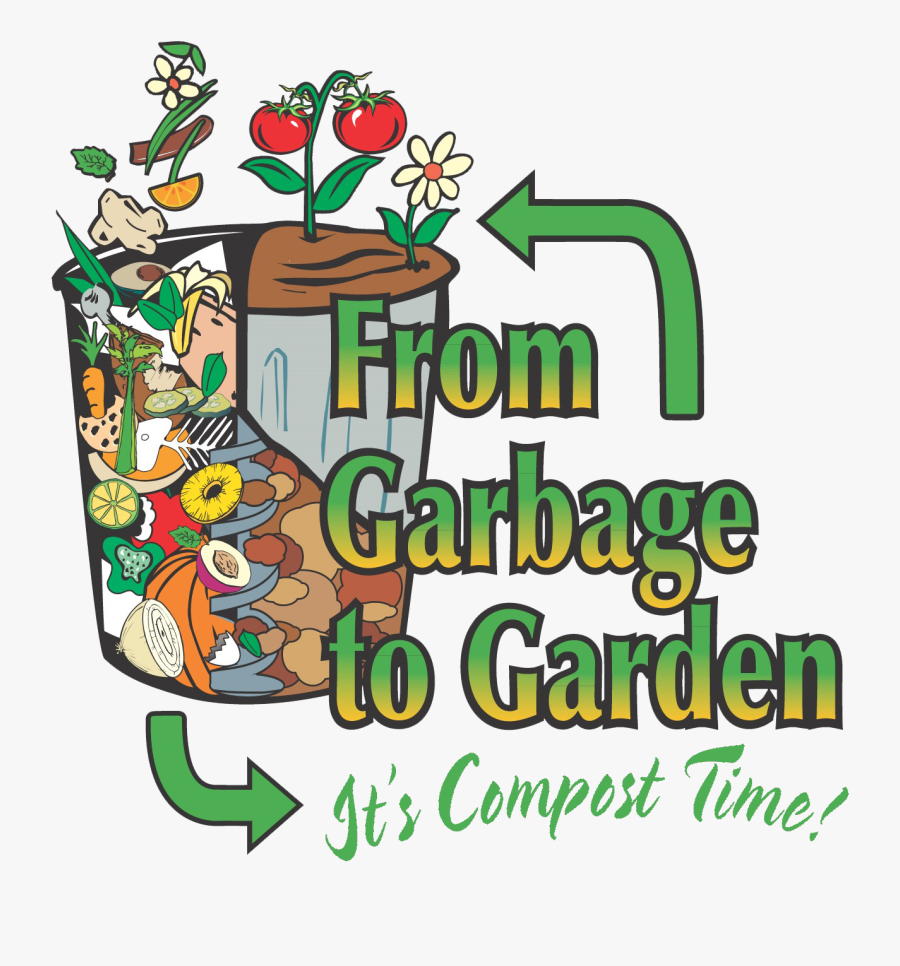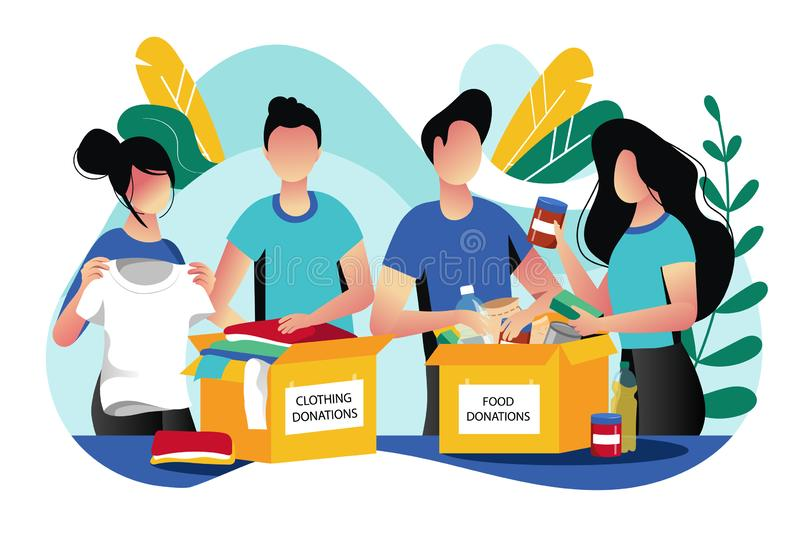As we’ve recently wrapped up an unprecedented year, the vast inequalities on both a global and local scale have become increasingly apparent. The protection of our global neighborhood is more important than ever. From supporting small businesses, to targeting the negative effects of climate change throughout our communities, it’s time to make some resolutions and re-focus on new beginnings. So, here are a few suggestions for New Year’s resolutions that will benefit you, as well as enable you to help benefit the greater community and planet.
1. Composting
To put it simply, composting is a natural recycling method. Any organic trash you may normally throw away can be composted, which means it’s put back into the soil and nourishes organic life. Compostable waste consists of 25-50 percent of all trash thrown away. This waste then decomposes inside landfills and releases methane gas. Composting keeps this from happening entirely, by instead going back into the ground and making anything you may be growing in your garden healthier. Additionally, because this can significantly decrease trash consumption, it saves you money as your trash bill will significantly decrease.

There are multiple ways to compost depending on what fits best for your lifestyle. If you do not have a garden or soil but you still want to reduce your waste consumption, you can purchase an at-home composting bin. This bin is where you put any extra food or scraps and drop it off or have it collected by the local yard waste organization. They will then compost this for you. Another option is outdoor composting. To start, you can pick a shady spot in your backyard near a water source if possible. Then, you add your materials as they become available and make sure to chop up the bigger pieces and moisten the drier pieces. Next, you bury the fruits and vegetables a few inches under your pile. Lastly, cover your compost pile with a tarp if able and your pile will be good for years.
2. Shopping Ethically and Sustainably
The key to shopping ethically and sustainably is to change your mindset. Cheap products that are readily available and fast fashion are tempting; however, these practices have high carbon footprints and are more likely to outsource labor abroad. Thinking of your clothes and other products as a long-term investment can go a long way into ensuring you are supporting organizations that properly pay and treat their employees and have a better impact on the planet. Not only are you investing in your local community and the planet, but you are investing in your products as well. While markets like fast fashion are enticing due to their low prices, their products often break down easily making you need to replace them more often. Slow fashion or locally sourced goods can often be more expensive but last longer due to the usage of more durable and ethically produced materials. Because of the price difference it may not always be within your budget to shop ethically and sustainably, but this is a great step whenever you feel financially able to do so.
3. Donating
During this end of the year season, you may be cleaning out your closet, an old storage area, or a random nook in your home. While it may be easy to throw anything you don’t want into a big trash bag and forget about it, donating what is still usable gives your old belongings a second life, and decreases waste. Not only does this help the environment, but it’s also a socially conscious act. Donating to thrift stores or mutual aid organizations allows people to buy or otherwise procure gently used goods that they may not previously be able to afford. Some organizations that you can donate to include thrift stores such as Goodwill and Salvation Army, as well as organizations such as Purple Heart and American Red Cross. This is a quick and easy option for those looking to support the environment and their community. Lastly, your charitable donations can also help you out financially, as donations can be tax deductible.

4. Community Outreach & Volunteering
Community outreach varies and because there are so many options, choose what inspires you the most. Essentially, pick a few aspects within your community that you are most motivated to contribute to and want to make a difference in. For example, people are currently still reeling from the drastic effects of COVID-19. Support systems such as food banks and after-school programs have been set up within local and broader communities in response to the pandemic. You could volunteer at these services, for example, helping distribute food, or virtually tutoring children if you feel more comfortable due to COVID-19.
There are currently many virtual opportunities to volunteer, including advocating for policy changes, helping veterans with career progression through mock interviews, and various other opportunities that will have great impacts on the community, as well as allow you to build new skills. You can simply search online: “virtual volunteer opportunities” and find an endless amount to choose from, since location is not an issue due to the virtual nature. To help you choose, decide which ones you feel most called to participate in and make time to allow yourself to meaningfully contribute and foster connections within your community.
These are just a few ways to become more involved in your community and the environment. What’s important is that we take time to reflect on this past year and how we want to move forward. You may not have a lot to give, but setting aside a small area to compost or giving a little bit of your time to your community can go a long way. Find your place in the change happening all around you and take action.
References:

Leave a Reply
You must be logged in to post a comment.